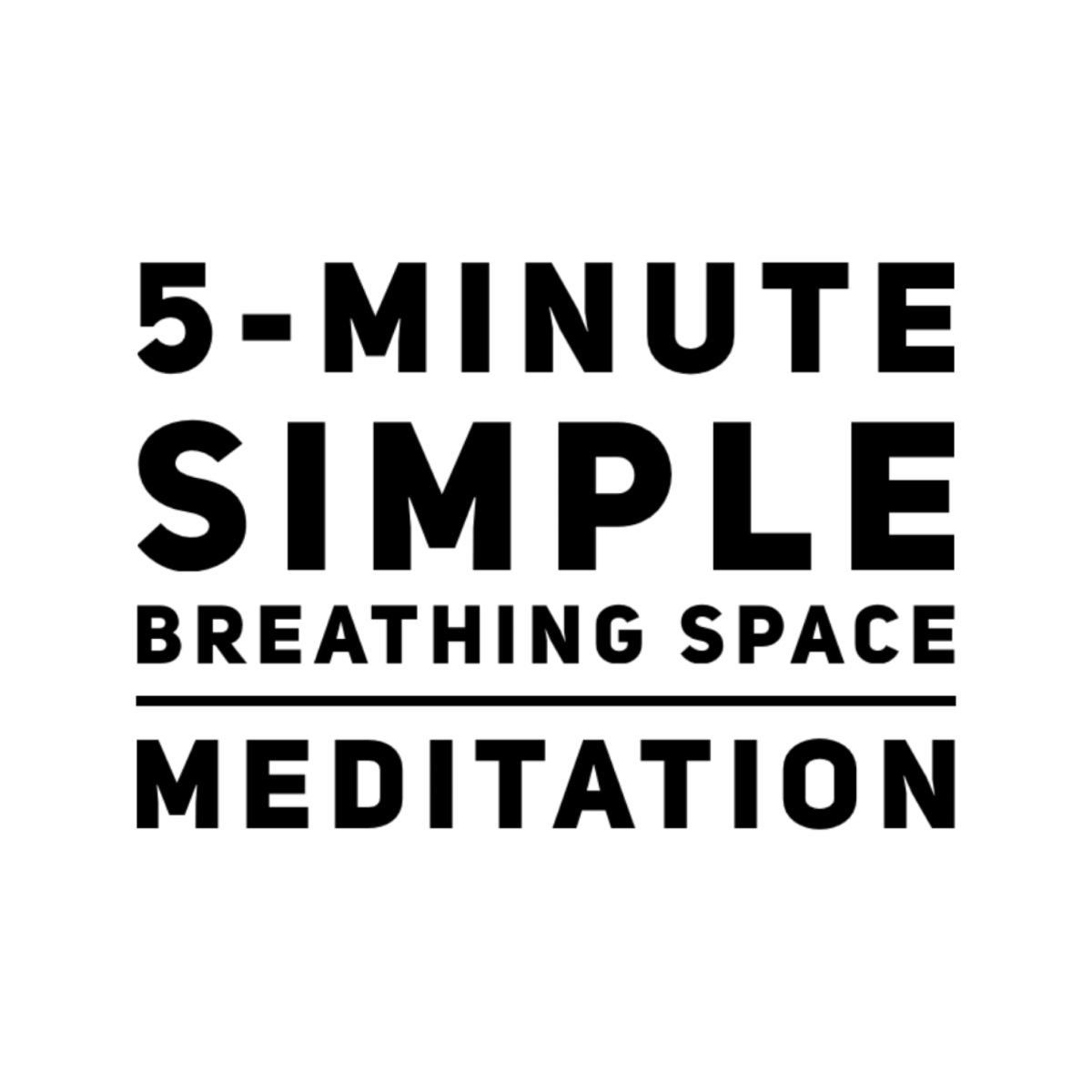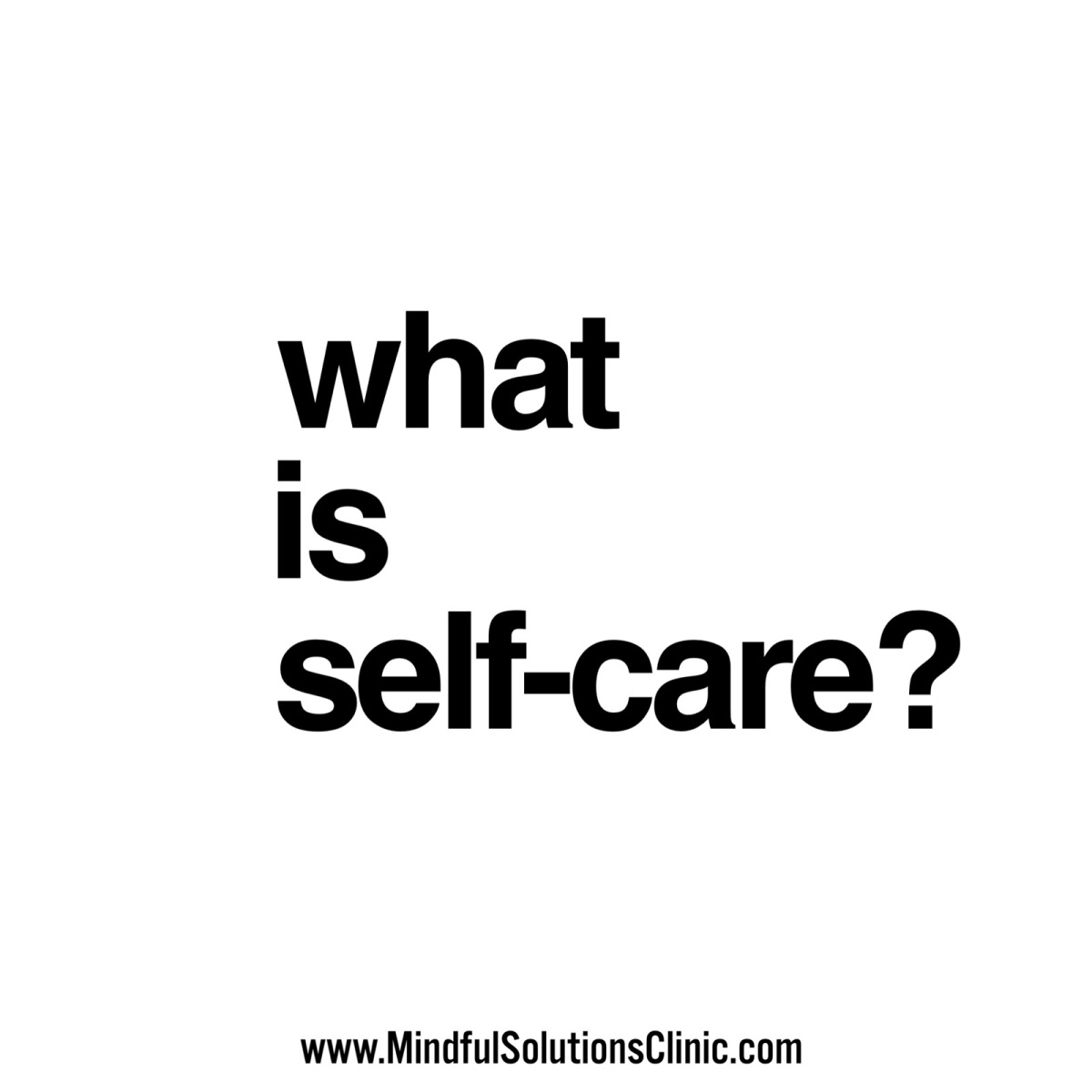
Sandy Kiaizadeh is a registered psychotherapist in Toronto, Ontario, Canada.
Well, here we all are, two months into Toronto’s battle against a worldwide pandemic that has quickly evolved into a very serious health and financial crisis. What a difference ten weeks can make, right?
The Ontario government has begun its plans for re-opening some services as of today, May 19, 2020. While they’ve included some health services in their Phase 1 plan, it will always be my priority to minimize risk to both myself and each of my clients. I continue to monitor the situation closely, and am following the direction given to me by both my regulatory college and professional association.
Both have strongly advised against any return to in-office sessions for now given nothing about the virus’ contagion has changed since March’s initial stay-at-home orders were first announced. The risk of possible exposure would be much too high for both my clients and myself, especially since many of us have underlying health concerns which compromise our immune systems.
The scientific research so far is pretty conclusive in one aspect: being in close quarters (like my cozy windowless office where physical distancing is an impossibility no matter how creative I get about furniture arrangements) for an extended period of time (such as hour-long sessions) is a sure way to increase the chances of exposure. When you couple this with the fact that my office is in a shared space with about 30 other health professionals, each with their own clients sitting in the waiting room, the risks of possible contagion only increase.
Simply put, I cannot in good conscience needlessly put my community at risk when my psychotherapy and life coaching services can be just as effective via telehealth until this serious health crisis improves.
So, I will be adopting a measured, phased-in approach. By this, I mean that I will continue to offer only telephone and video sessions for the time being, until further notice. I will continue to monitor Toronto’s infections rates as the city slowly begins reopening, and will also look to guidance from my regulatory college (whose mandate is to protect YOU, the public) and professional association (whose focus is to protect health professionals). As things begin to improve, I will first begin re-offering walk-and-talk sessions. In-office sessions will be offered only in the final phase, once I am more confident that I can resume such sessions without risking anyone’s health and safety.
I will email all my active clients as I move from one phase to another, so you will always be the first to know when things change. I will also be updating my website blog as I move from one phase to the next.
To all my clients who have continued working with me via telehealth through the greatest health crisis we have ever lived through, thank you for trusting me with your wellbeing! I am confident that we will all come out of this stronger and with powerful insights into the values we hold near and dear to our hearts. As a dear friend reminded me over our Facetime chat just this past weekend, sometimes it takes a negative life event to launch us into something far greater. While some may look to this painful time to sink into defeat, grief, loss and depression, I trust that every member of my beloved community will instead look to it as an opportunity for lasting, positive metamorphosis.
Each of us will come back stronger, braver, and more focused than ever before. Of this, I have no doubt.

 Since psychotherapy (also known as counselling) is a rather misunderstood concept (not to mention often steeped in stigma), the suggestion that you see a therapist can be scary.
Since psychotherapy (also known as counselling) is a rather misunderstood concept (not to mention often steeped in stigma), the suggestion that you see a therapist can be scary.

 Here’s another guided meditation for you!
Here’s another guided meditation for you! Here is a brand new guided audio meditation that can help those of you who are dealing with physical or emotional pain. Hope you enjoy it!
Here is a brand new guided audio meditation that can help those of you who are dealing with physical or emotional pain. Hope you enjoy it!



 I often get asked by clients what this idea of “self-care” really looks like, practically speaking. It seems like we’re bombarded with this expression everywhere we look, especially on our social media feeds. Here are my thoughts on self-care, as well as some quick tips you can use today to begin practising good self-care.
I often get asked by clients what this idea of “self-care” really looks like, practically speaking. It seems like we’re bombarded with this expression everywhere we look, especially on our social media feeds. Here are my thoughts on self-care, as well as some quick tips you can use today to begin practising good self-care.
You must be logged in to post a comment.